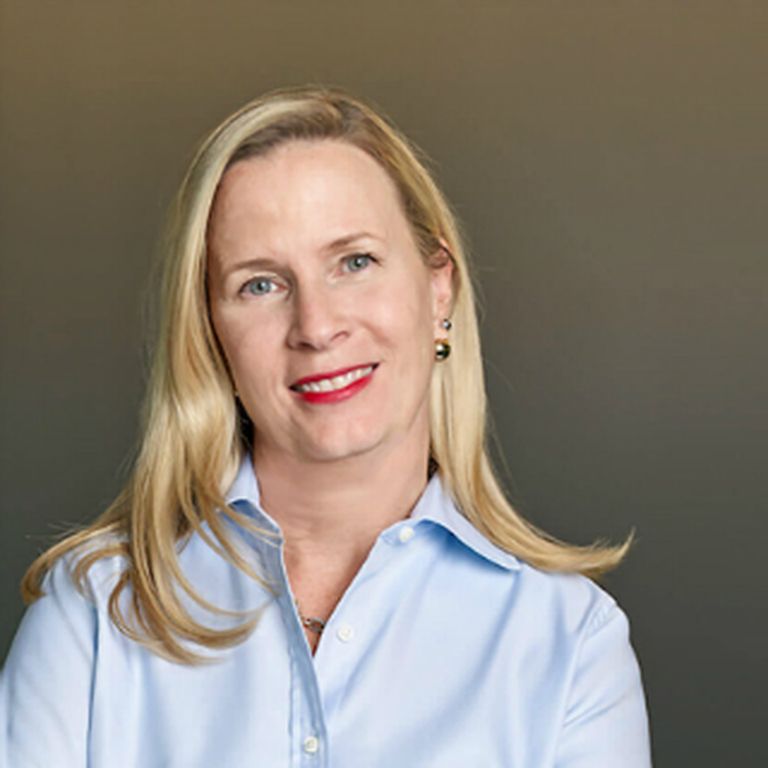
Recent research suggests the coronavirus (COVID-19) pandemic will impact the IT services sector in a “deep, immediate, and long-lasting” way. Amid that industry forecast, Accenture has been preparing for the storm.
The global IT services and consulting giant -- which is a Top 200 Public Cloud MSP and Top 200 MSSP -- has two priorities amid the pandemic: The safety and well-being of its people, and continuing to serve clients at this time of critical need, Accenture CEO Julie Sweet told Wall Street analysts during a March 19 earnings call.
Exceptional leaders and people -- coupled with a strong financial hand -- ensure Accenture are ready for the global health crisis, Sweet indicated. She also pointed to five key factors that ensure Accenture is well-positioned to address COVID-19's impact.
The factors include:
1. Accenture's global management committee already operates as a virtual team. "We do not have a headquarters, our top leaders are spread across the globe and Accenture has operated this way as a management team for over three decades. And so mobilizing to address this situation has been seamless," she asserted.

2. Accenture has a standing crisis management committee. That committee, led by Chief Operating Officer Jo Deblaere, quickly activated protocols and a team senior leaders focused on Accenture's people, business continuity, facilities management and financial impact, among other things, she indicated.
Accenture had not planned for a global pandemic, but "the ability to trigger these protocols and then adapt for this unprecedented situation is allowing us to move rapidly," Sweet said. For example, 60 percent of Accenture's India and Philippines team members are working from home. For sensitive work that can't be dome from home, Accenture has reduced the density of the people in its offices, and instituted extra hygiene procedures and social distancing protocols, she added.
3. Working Virtually Is the Norm: Accenture, for instance, is the world's largest user of Microsoft Teams. Accenture's audio usage of that platform has almost doubled from a typical 16 million minutes per day to almost 30 million minutes per day, Sweet noted.
4. Accenture Has Extensive Digital Talent: "Our top notch professionals in finance, HR, operations, geographic services, marketing and communications and CIO enabled by these significant investments in our own digitization are making the critical difference in how we are responding agility to the crisis and we are deeply grateful for their dedication and hard work," Sweet said.
5. Customer Alignment: Accenture's record Q2 bookings demonstrate that the company's services are highly relevant to customers. Roughly 60 percent of Accenture's business now involves "the new" -- a term used to describe cloud, cybersecurity, digital transformation and other next-generation opportunities.
Accenture Business Performance

For its second quarter of fiscal 2020, ended Feb. 29, 2020, Accenture revenues were $11.1 billion, up 7 percent from the corresponding quarter last year.
Revenue continued to be driven by strong double-digit growth in digital, cloud and security related services and broad-based growth across our business dimensions, CFO KC McClure said during the earnings call.
McClure indicated that Accenture has spent $584 million on acquisitions in the first half of the company's fiscal year. And Accenture may spend up to $1.6 billion overall on acquisitions this year, she added.




